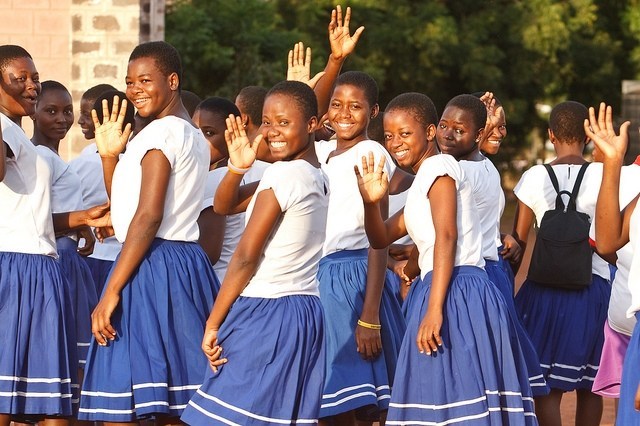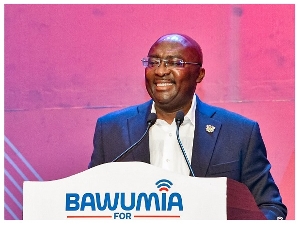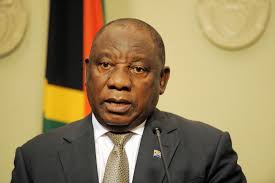Do Ghanaian school girls need sanitary pads?

Ghana’s management of human resources has always intrigued me, particularly its ability to balance individual needs with national progress. Equity is critical, and ensuring that young people reach their full potential should not be up for debate. Yet, a recent policy decision has left me with questions.
The government has allocated over 292.4 million Ghana cedis to provide primary and secondary school girls with sanitary pads. This decision raises several concerns: What informed this policy? How sustainable is it? Will it be a continuous monthly provision or an intermittent gesture?
Joyce Bawa Mogtari argued on her X handle that “girls actually drop out of school because they didn’t have or couldn’t afford sanitary pads.” But how many girls have dropped out for this specific reason? Are these numbers significant enough to warrant a national budget allocation of this magnitude?
If there were research to justify this expenditure, where are the reports? What statistical evidence supports this initiative as a top priority in addressing barriers to girls’ education?
Let’s break it down mathematically. How many girls are currently in primary, JHS, and SHS? Is this a yearly budget that will continue indefinitely? If so, at what cost over time? And crucially, will these sanitary pads be locally produced to support Ghanaian industries and create jobs, or will they be imported, further straining our foreign reserves?
Beyond the numbers, a deeper question remains: Is the lack of sanitary pads truly a primary factor in girls dropping out of school? In an era of unprecedented global access to information, should Ghana’s priority in empowering girls be focused on providing pads?
If we are serious about building a future for young Ghanaian girls, shouldn’t 300 million cedis be directed towards more transformative initiatives? Imagine the impact of investing in:
1. STEM education to equip girls with skills in science and technology.
2. Critical thinking and entrepreneurship training to foster innovation.
3. Coding, communication, and negotiation skills to prepare them for the global workforce.
If the government truly seeks to empower young girls, it should remove taxes on sanitary pads entirely, ensuring affordability not just for students but for all girls and women, including those who are not in school.
A targeted school-only policy is flawed because it excludes many girls in the same financial predicament. How national is a policy that ignores those outside the school system?
This decision, though well-intentioned, seems to address the least of the problems facing young girls. The true barriers to their progress are access to quality education, economic opportunity, and systemic gender disparities—not merely the availability of sanitary pads.
If we truly want to empower Ghanaian girls, we must think beyond stopgap measures and invest in long-term solutions that secure their freedom, equality, and future success.
Columnist: Isaac Ofori





